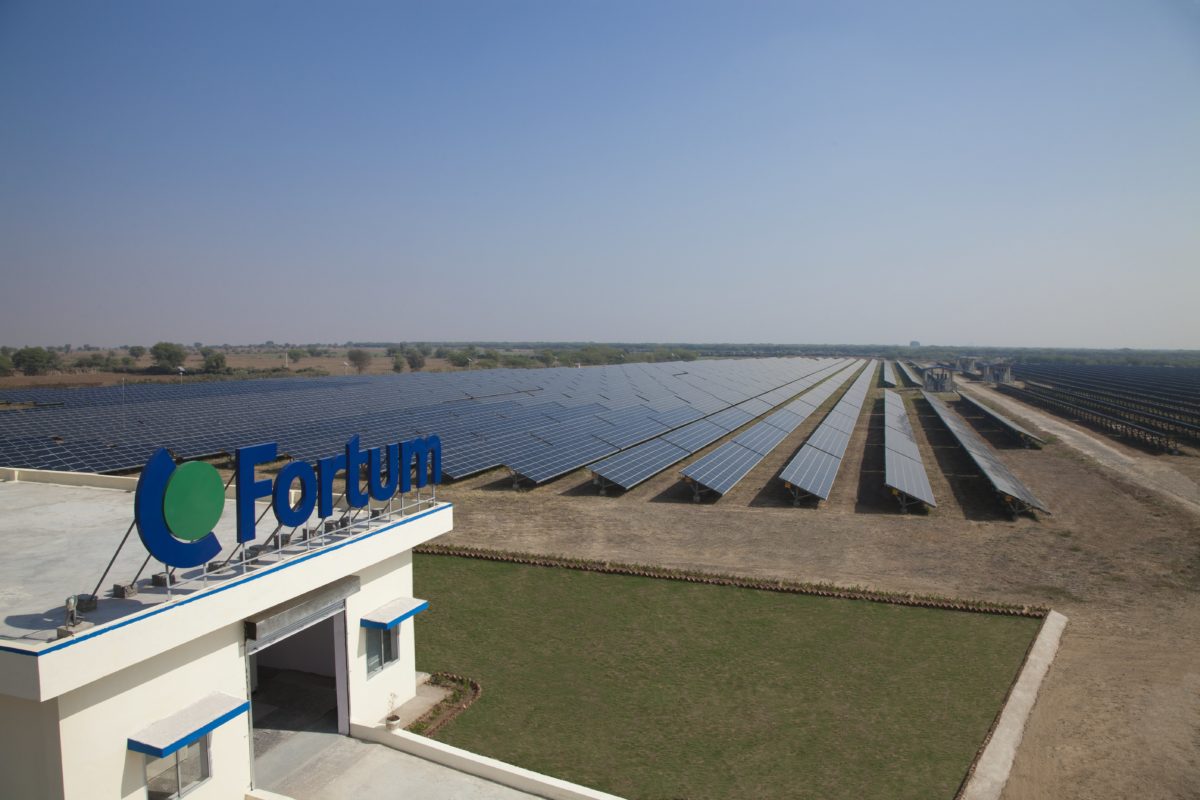The State Load Disptach Centre, Bengaluru has been giving backdown instructions to generation from solar projects in the state, even though solar power has been accorded ‘must run’ status under Karnataka Grid Code and the Indian Electricity Grid Code. The curtailment of solar power is leading to a huge loss of generation and, in turn, revenue for solar power projects that were set up under different schemes with Solar Energy Corporation of India, NTPC and electricity supply companies as offtakers.
Requesting the Karnataka Power Transmission Corporation to intervene in the matter, the National Solar Energy Federation of India (NSEFI) said these solar projects must be allowed the ‘must run’ status as per government directives.
In the rare occasion when the state load dispatch centre is constrained to back down solar generation to ensure grid safety and security, the reasons for backdowns should be recorded and such instructions should be served to developers in writing along with justification for curtailment despite ‘must run’ status, it said.
NSEFI further submitted that in case of low demand, the state load dispatch centre should first explore the option for backing down of conventional power plants. “Curtailment of conventional power plants of state generating stations, independent power producers and central generating stations should be done up to their technical minimum limit, i.e., 55% of maximum continuous rating as per Central Electricity Regulatory Commission regulation,” it suggested.
Thereafter, as a last resort, curtailment of solar power as well as wind power should be done equitably in proportion to their contribution, NSEFI said.
Affected projects
The affected projects include the ones awarded under the National Solar Mission Phase-II Batch-III Tranche-V, National Solar Mission Phase-II Batch-II Tranche-I “State Specific Bundling Scheme”, Pavagada Solar Park; and Karnataka Renewable Energy Development Limited’s bid for an aggregate 1200 MW solar projects in 60 Taluks with a ceiling of 20 MW per taluk.
The data furnished by NSEFI showed grid availability for Wardha Solar, Nalwar plant in the month of June was mostly 30% or nil (owing to grid failure), and backdown periods up to 10 hours long.
The argument
Under Karnataka Electricity Grid Code 2015, all renewable energy power plants, except biomass power plants and non-fossil fuel based cogeneration plants whose tariff is determined by the Karnataka Electricity Regulatory Commission, shall be treated as “must run” and shall not be subjected to ‘merit order dispatch’ principles. Provided that, in case of low load conditions, the state load dispatch centre shall regulate the generation of renewable energy power plants to maintain grid security.
Quoting the above clause, NSEFI said: “The state load dispatch centre cannot curtail the renewable power at their convenience, especially for commercial reasons. Backing down of the “must run status” power shall be resorted to only after exhausting all other possible means of achieving and ensuring grid stability and reliable power supply.”
“Unlike thermal power plants wherein fixed costs are recovered through fixed charge, irrespective of actual generation and immune to the curtailment, power purchase agreements by solar power developers are signed at single part tariff. Backdown or curtailment in any manner leads to financial loss to the company, threatening the viability of the project.”
This content is protected by copyright and may not be reused. If you want to cooperate with us and would like to reuse some of our content, please contact: editors@pv-magazine.com.









By submitting this form you agree to pv magazine using your data for the purposes of publishing your comment.
Your personal data will only be disclosed or otherwise transmitted to third parties for the purposes of spam filtering or if this is necessary for technical maintenance of the website. Any other transfer to third parties will not take place unless this is justified on the basis of applicable data protection regulations or if pv magazine is legally obliged to do so.
You may revoke this consent at any time with effect for the future, in which case your personal data will be deleted immediately. Otherwise, your data will be deleted if pv magazine has processed your request or the purpose of data storage is fulfilled.
Further information on data privacy can be found in our Data Protection Policy.